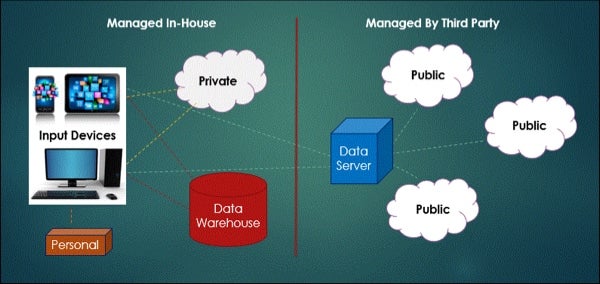It combines the tools methods and principles of Lean and Six Sigma into one popular and powerful methodology for improving your organizations operations. Execution of Lean Six Sigma project uses a structured method of ap proaching problem solving normally describe d by acronym D MAIC which stands for Define Measure Analyze Improve and Control.
 What Is Lean Six Sigma What It Is Why It Matters How To Do It Right
What Is Lean Six Sigma What It Is Why It Matters How To Do It Right
The Six Sigma methodology seeks to eliminate defects and variations in production processes.

Lean six sigma methodology. De Feo and William Barnard. Lean Six Sigma is a process improvement methodology that relies on a collaborative team effort to improve performance by systematically removing waste combining Lean and Six Sigma to eliminate the eight kinds of waste. Six Sigma points to the fact that mathematically it would take a six -standard-deviation event from the mean for an error to happen.
Lean Six Sigma is a process improvement methodology designed to eliminate problems remove waste and inefficiency and improve working conditions to provide a better response to customers needs. Implementation of the Lean Six Sigma Methodology Within Enterprises. Lean Six Sigma methodology becomes a solid basis for innovation to be driven as a culture within organizations.
Lean six sigma then is a methodology that looks to combine the best of both the lean manufacturing and the 6 Sigma approaches. Lean is often seen as an efficiency approach which focuses on improving flow in the value stream and eliminating waste. Contrary to the often confusing and intimidating information most Lean Six Sigma resources provide the methodology is quite understandable.
Using Lean Six Sigma doesnt need to be difficult. Lean Six Sigma projects comprise aspects of Leans waste elimination and the Six Sigma focus on. At the base is the common motive of delivering quality products and solutions consistently to customers.
The method uses a data-driven review to limit mistakes or defects in and process. In particular the emphasis is on obtaining the benefits of both methodologies whilst minimizing any potential weaknesses. Lean Six Sigma is a management theory centered on empirical evidence and centered on results which emphasizes avoidance of defects over-identification of defects.
A crucial part of any lean Six Sigma process is to keep the principle of continuous improvement in mind. In Japanese this translates to change for better but within the world of process improvement it has come to reflect a continuous iterative model for gradual change. But as you investigate further the contrasting aspects of the two approaches becomes apparent.
Within lean philosophies we might refer to this as Kaizen. Lean and Six Sigma Methodologies Six Sigma is a quality-control methodology developed in 1986 by Motorola Inc. Process development using the Lean Six Sigma methodology 3 Lean Six Sigma is a way to continuously improve the Linde Group proc-esses.
At one level both Lean and Six Sigma are improvement methodologies. How are Lean and Six Sigma different. Lean Six Sigma is based on clear principles and can be implemented on any process within.
Both methods work for customer satisfaction. The DMAIC method is used primarily for improving existing business processes. Methodologies of Six Sigma There are two major methodologies used within Six Sigma both of which are composed of five sections according to the 2005 book JURAN Institute Six Sigma Breakthrough and Beyond by Joseph A.
What is Lean Six Sigma. Lean Six Sigma methodology. The concept of the Lean Six Sigma first appeared in 2001 in a book leaning into Six Sigma written.
By using Lean Six Sigma as a methodology the aim is to reach con-tinuous development that focuses on fact based decision making and find-ing always the root causes of problems. Lean Six Sigma works toward driving customer satisfaction and emphasizes on the results by.






:max_bytes(150000):strip_icc()/Occupationsalaries-dff139c750664609b4b47d03f2d402ad.jpg)






